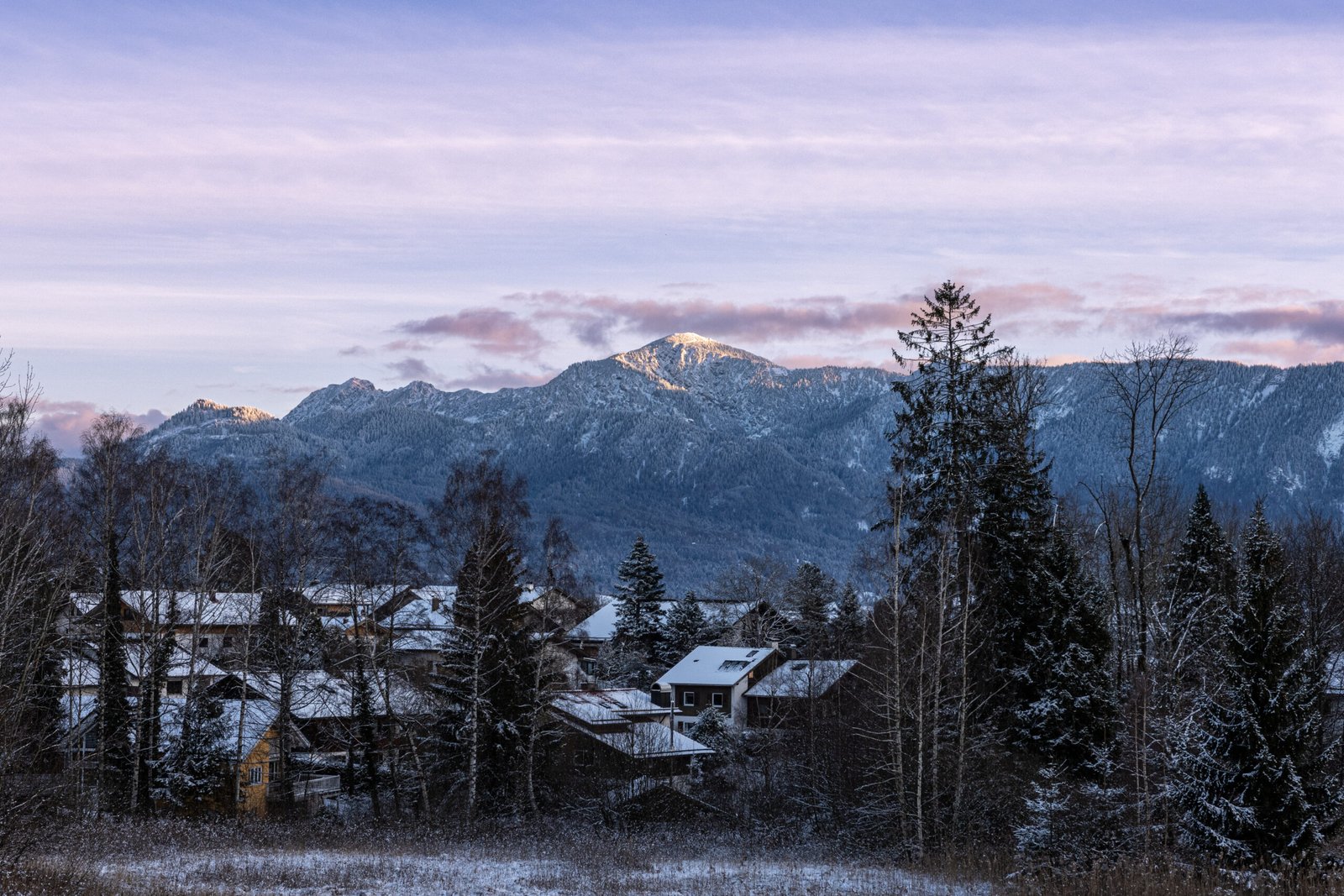
Point Hope, Alaska
So imagine this: you find yourself in Point Hope, Alaska, a small town nestled on the edge of the Chukchi Sea. With a population of just over 600 people, this remote and breathtaking destination offers a unique experience unlike any other. As you gaze out at the stunning coastal landscape, you can’t help but be captivated by the rich history, vibrant culture, and awe-inspiring natural beauty that surrounds you. From its traditional Iñupiaq heritage to its fascinating wildlife and picturesque surroundings, Point Hope, Alaska is a place that will leave an indelible mark on your soul.
History
Early History
Point Hope, Alaska has a rich and fascinating history that dates back thousands of years. The region has been inhabited by indigenous peoples for over 2,000 years, with archaeological evidence showing the presence of ancient cultures in the area. These early inhabitants relied on hunting and gathering for their sustenance and developed sophisticated technologies for survival in the harsh Arctic environment.
Russian Influence
In the late 18th century, Russian explorers and fur traders arrived in Point Hope, establishing trading posts and introducing a new era of interaction with the indigenous communities. The Russian influence brought about changes in the social and economic structure, with the establishment of traditional trading networks and new technologies.
Whaling Era
Point Hope played a significant role in the whaling industry during the 19th century. The Iñupiat people of Point Hope were skilled whalers and participated in the thriving whaling trade. They would travel great distances by kayak and utilize traditional hunting methods to catch whales. Whaling became a vital part of the local economy and cultural identity, shaping the community’s way of life for generations.
Geography
Location
Point Hope is located on the northwest coast of Alaska, at the edge of the Chukchi Sea. It is situated on a narrow strip of land known as the Point Hope Peninsula and is surrounded by rugged landscapes and stunning natural beauty.
Climate
The climate in Point Hope is classified as Arctic, with long, cold winters and cool summers. Temperatures can reach extreme lows during the winter months, often dropping below freezing, while summer temperatures hover around 40 to 50 degrees Fahrenheit. Strong winds are common throughout the year, adding to the unique character of the region.
Landscapes
Point Hope is blessed with breathtaking landscapes that showcase the untouched beauty of the Arctic. The town overlooks the vast Chukchi Sea, offering spectacular views of its icy waters and occasional glimpses of marine wildlife. The surrounding areas feature tundra, mountains, and rolling hills, creating a diverse and captivating natural environment.

Demographics
Population
Point Hope has a small population, with approximately XXX residents. The town has a close-knit community feel, and residents often share deep connections through their cultural heritage and unique way of life.
Ethnicity
The majority of the population in Point Hope is comprised of Iñupiat Eskimos, who have inhabited the region for centuries. Their cultural traditions and values are deeply rooted in the town’s history and continue to shape its identity.
Language
The primary language spoken in Point Hope is Iñupiaq, an indigenous language that has been passed down through generations. English is also widely spoken, serving as a common language for communication and education.
Economy
Traditional Subsistence
Traditional subsistence activities, such as hunting, fishing, and gathering, play a vital role in the local economy of Point Hope. The Iñupiat people continue to rely on these practices to sustain themselves and preserve their cultural heritage. Hunting for marine mammals, like whales and seals, as well as fishing for fish species, is an important part of their way of life.
Fishing Industry
Point Hope has a thriving fishing industry, with commercial fishing contributing to the local economy. Fish such as salmon, halibut, and various species of Arctic whitefish are abundant in the surrounding waters, providing opportunities for commercial fishing businesses to thrive.
Tourism
Tourism has become an emerging industry in Point Hope, attracting visitors who are interested in experiencing the unique Arctic lifestyle and exploring the awe-inspiring natural landscapes. Visitors can engage in activities such as wildlife observation, cultural immersion, and outdoor adventures, contributing to the economic growth of the town.

Culture
Traditional Practices
The Iñupiat people of Point Hope have a rich cultural heritage with practices deeply rooted in their ancestral traditions. Traditional activities such as whaling, subsistence hunting, fishing, storytelling, and cultural ceremonies continue to be an integral part of their daily lives. These practices help preserve their cultural identity and pass down their knowledge to future generations.
Art and Crafts
The artistic expressions of the Iñupiat people are highly valued and celebrated. They are known for creating stunning works of art, including intricate ivory carvings, native crafts, and traditional clothing adorned with delicate beadwork. These unique art forms reflect the deep connection between the Iñupiat people and the Arctic environment.
Annual Festivals
Point Hope is renowned for its vibrant celebrations and annual festivals that showcase the town’s rich cultural heritage. The Nalukataq Festival, also known as the Spring Whaling Festival, is a significant event that brings the community together to celebrate the successful whaling season. The festival features traditional dances, games, feasts, and ceremonies that honor the Iñupiat whaling traditions.
Education
Schools
Point Hope is served by the L.R. Hering Memorial School, which provides education from kindergarten to twelfth grade. The school focuses on providing a well-rounded education that incorporates cultural values and teachings alongside standard academic curriculum.
Special Programs
In recognition of the unique cultural heritage of Point Hope, special programs are implemented in schools to promote and preserve the Iñupiat language, cultural practices, and traditional knowledge. These programs aim to cultivate a strong cultural identity and a deep sense of pride in the younger generation.
Edifying Challenges
Due to its remote location and challenging climate, education in Point Hope faces unique challenges. Access to resources, professional development opportunities for teachers, and the impact of cultural traditions on the educational system are some of the areas that require attention and innovative solutions to ensure a high-quality education for the community.

Healthcare
Medical Facilities
Point Hope has a healthcare facility that serves the community’s medical needs. The clinic provides primary care services, emergency care, and preventive health services to the residents. Medical professionals work closely with the community to address their specific healthcare needs.
Public Health Challenges
Like many remote towns, Point Hope faces public health challenges due to its isolated location and limited resources. These challenges include ensuring access to clean drinking water, addressing mental health issues, combating substance abuse, and promoting healthy living in a challenging Arctic environment.
Healthcare Access
Access to healthcare services remains a significant concern in Point Hope. The remote location makes it difficult for residents to access specialized medical care, often requiring them to travel to larger urban centers. Improving healthcare access continues to be a priority for the community.
Transportation
Airport
Point Hope is equipped with a local airport, which connects the town to other parts of Alaska. Regular flights serve as a vital link for transportation, enabling residents to travel in and out of the community.
Boat Services
Boat services are essential for transportation in Point Hope, especially during the summer months when the sea ice melts, allowing for increased maritime activities. Boats are used for fishing, hunting, and accessing neighboring communities along the coast.
Winter Transportation
During the winter months when the Chukchi Sea freezes, traditional methods of transportation, such as snowmobiles and dog sleds, are used to navigate the frozen landscape. These modes of transportation are not only practical but also deeply rooted in the cultural traditions of the Iñupiat people.
Utilities
Electricity
Point Hope has access to electricity, which is provided through a local power plant. Despite the challenging conditions, efforts are made to ensure a stable and reliable supply of electricity to meet the needs of the community.
Water and Sewage
The town has a system in place for water and sewage management. Clean drinking water is sourced from nearby water sources and treated before distribution. Sewage is collected and treated to maintain sanitation standards and protect the local environment.
Communications
Communication infrastructure in Point Hope includes telephone lines, internet services, and cellular coverage. These services connect the community to the outside world, enabling residents to communicate and access information.
Attractions
Point Hope Historical Society Museum
The Point Hope Historical Society Museum offers visitors a glimpse into the rich history and cultural heritage of the town. It showcases artifacts, photographs, and exhibits that highlight the traditional practices, whaling history, and the natural beauty of the region.
Tikigaq Corporation Cultural Center
The Tikigaq Corporation Cultural Center is a hub for cultural activities and events. It provides a space for the community to gather and celebrate their heritage through traditional dances, storytelling, art displays, and educational programs.
Outdoor Activities
The natural landscapes surrounding Point Hope offer a range of outdoor activities for visitors to enjoy. From hiking along the rugged coastline to wildlife observation and fishing in the pristine waters, outdoor enthusiasts can immerse themselves in the breathtaking beauty of the Arctic environment.
